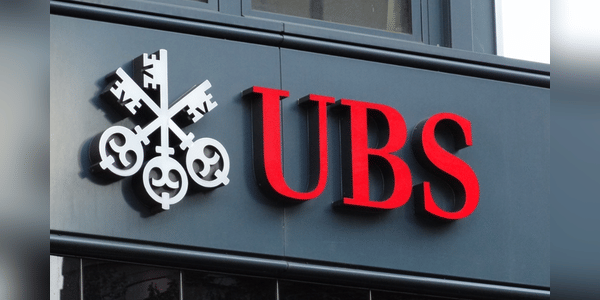Markets around the world are giving warning signs that the global economy is teetering on the edge of a cliff. The question of recession is no longer if, but when. Investors should therefore bet on defensive stocks, according to USB, but they should also monitor cyclical ones in case of an early recovery. Here are 10 stocks the bank recommends buying.

A trio of UBS $UBS retail analysts - Michael Lasser, Atul Maheswari and Mark Carden - wrote in a Sept. 29 note that the current economic uncertainty is likely to keep stocks "range-bound at least in the near term." But because it is nearly impossible to time the market, the analysts say it is prudent to prepare for any outcome by building a balanced portfolio composed of both defensive and economically sensitive stocks.
"It is best to take a defensive stance for the next few months but maintain some offensive positioning for the longer term," the analysts wrote in a note. "Once…
nice band
Good Information